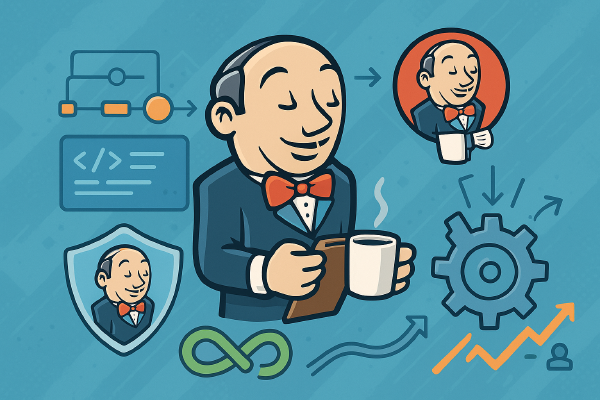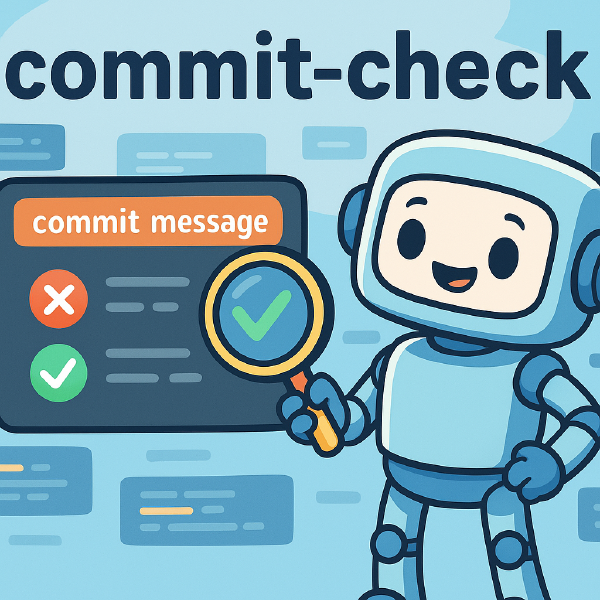Time flies, and 2021 is just around the corner. It’s time to summarize my experiences and achievements this year.
2020 was an extraordinary year. The COVID-19 pandemic affected everyone’s life and work.
But life must go on. Scrolling through Weibo, Douyin, and other social media takes up a day; working and studying takes up another. I’m the kind of person who feels particularly anxious if I feel I haven’t made progress for a while. Completing the latter always makes me feel more at ease.
Reviewing 2020#
Regarding Work#
For 2020, I’ve always strived to do my best, and looking back at the end of the year, I’m quite satisfied.
When writing my work summary at the end of the year, I found that I had indeed done a lot of work. Besides doing my job of building and releasing, I did a lot of work improving processes and increasing efficiency. Here are some important ones:
Achieved unattended automated builds using Jenkins Shared Libraries and Multi-branch Pipeline, saving a lot of time for the team and myself; also improved the stability and quality of code check-in through validating PR builds and tests.
Related article: Three Best Practices Every Jenkins User Should Know
Promoted the team’s migration to enterprise-level Artifactory for downloading and storing builds, thereby improving CI/CD efficiency and unattended capabilities. This facilitates better automated downloading, installation, and testing.
Related article: For Those Who Want to Use JFrog Artifactory to Manage Artifacts
Used Python to do a lot of integrations with Jira and BitBucket, improving efficiency through automation. I also released a Python project UOPY.
Related article: What to Note When Releasing a Python Project on GitHub
Implemented Git commit message and branch creation specifications, unifying Git commit messages and branch creation standards.
Related article: Programmer Self-Cultivation: Git Commit Message and Branch Creation Specifications
Learned and used some new tools, such as Ansible playbook, ELK, and JaCoCo, and applied them to projects.
Related articles: Getting to Know Ansible, JaCoCo Practice
As a DevOps/Software Engineer, I also need good communication skills. Otherwise, no matter how good your work is, if you can’t clearly share it with your colleagues and leaders, it will be counterproductive. Especially in a multinational company like mine, I also need to share in English.
Also, I want to improve my technical skills through consistent reading and practice. I maintained this well for a while, completing the reading of several technical books, but good habits are easily broken, and once broken, they are hard to maintain. Previously, I usually read technical books for more than half an hour during my lunch break. Later, because I often had to supervise the renovation of my new house at noon, plus the many things I had to do every day (work, learning English, reading, renovation), many times things were done, but the results were not as expected.
Sharing#
In 2020, I updated 41 articles on my blog and 26 articles on my WeChat official account “DevOps攻城狮”.
This quantity and quality are really incomparable to some other technical WeChat official accounts, but for me: a developer who doesn’t make a living from writing and only writes original articles, as long as I can output continuously, I’m quite satisfied with this number.
Also, at the beginning of the year, an editor from Tsinghua University contacted me about writing a book, which really surprised me. I know my own limitations, but to receive an invitation and the contract was the biggest encouragement for my writing.
I planned to write a book called “Jenkins 2 Practical Guide”. If I signed the contract, I would need to invest at least one year of my spare time to possibly complete it.
Finally, considering my situation at the time: prioritizing work; secondly, there were more important technologies than Jenkins that I needed to learn; and also weekend renovations…I ultimately gave up this opportunity.
I know I’m still in a stage where input is more urgent than output. I think as long as the little flame in my heart is still there, I will just do good deeds and not ask about the future.
Work Goals#
A personal year-end summary not only reviews what I’ve done and not done well in the past year and what can be improved, but also sets goals for the new year.
In 2021, I hope to be more focused, make better use of my time, and work and learn more efficiently.
Besides doing a good job, the most important thing is to improve my spoken English and deepen my technical learning, and then output.
Just having goals is not enough; they need to be translated into concrete actions.
Improve Spoken English#
🚩 In 2021, I will continue to practice spoken English for at least half an hour every day; and have a 50-minute oral communication with a foreign teacher once a week. I hope to be able to give presentations in English without notes and pass the TOEIC exam.
Deepen Technical Learning#
My current methods for learning technology include: directly reading English documentation from the official website; if I still don’t understand after reading, I will search for the corresponding technology on LinkedIn Learning or Udemy, not only learning the technology but also practicing my English listening; if I need to systematically learn a programming language and some underlying technologies, I will read some classic technical books.
🚩 In 2021, I will also spend at least half an hour reading technology every day and finish at least one technical book a month with output.
Life Goals#
In life, I hope my family and friends are all healthy and happy.
🚩 Financial stability, preferably growth; maintain a healthy lifestyle and lose 10 kilograms.
Finally, I will regularly review my 2021 goals and see if I have deviated from my initial direction. 2021, here I come!
Past Year-End Summaries#
2019 Year-End Summary 2018: Five Months From Tester to Developer






